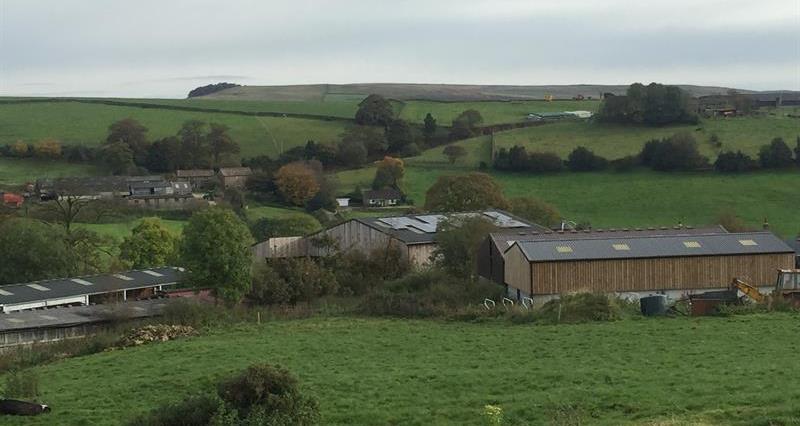Maintaining sustainable farm businesses is important not only for their custodian role in shaping the landscapes we value and rely on for our environmental wellbeing, but to ensure such businesses continue to be major economic drivers in rural economies and provide the services rural communities rely on. Sometimes those involved in the planning system forget that fam building design reflects animal welfare and environmental requirements. Our landscapes need to accommodate newer buildings and allow more conversion of traditional buildings to provide homes and workspace. Only then will farmers be able to allow more space for future Environmental Land Management schemes.
British farms currently grow the raw ingredients for the UK food and drink manufacturing sector. Many of the jobs within the food supply chain are also regionally based and support rural economies. This valuable sector needs more recognition for its economic value in town planning decisions.
Brexit offers British Farmers both opportunities and challenges, farmers will have to adapt to meet their customers’ needs and changing trading arrangements; and in practical terms more homes continue to be needed on farm to manage for succession and for family carers, local rural workers and seasonal workers. There are just not enough rural homes available at prices farming worker families can afford and not enough funding going into providing services for the most remote, such as rural broadband. Bus services and local shops are often long gone, schools often miles away. 30% of farmers in 2017 had broadband speeds of less than 2mbps, and according to the Digital Survey, they simply could not access planning or other services online effectively.
The need for more housing and large infrastructure projects dominates the planning agenda and creates issues with protecting the environment, with farms and farmland often being sacrificed along the way. Climate change is leading to more extreme weather, with more droughts and floods, increasing input costs and impacting on crops. In response farmers need to plan to maintain their own water requirements and climate change resilient businesses. Planning for net zero is a long-term objective for 2040, but the planning system needs to start allowing more farms to start on that journey now and build help for farm businesses into their climate change emergency planning.
COVID-19 reinforced how important food and rural supply services are and the importance to plan for social, economic as well as environmental outcomes. It demonstrated how important it was for a current and future planning system to be flexible and to enable appropriate development to come forward and how essential it is for payment for those who deliver on the ground and to cut back on ‘red tape’.
How the planning system directs land use development and how this is subsequently managed can and will impact on the best and most versatile agricultural land and how farm businesses can operate in the future. Decision makers need to ensure that they both understand and value farming when determining all forms of planning application and preparing plan-led documents, now and in the future.
